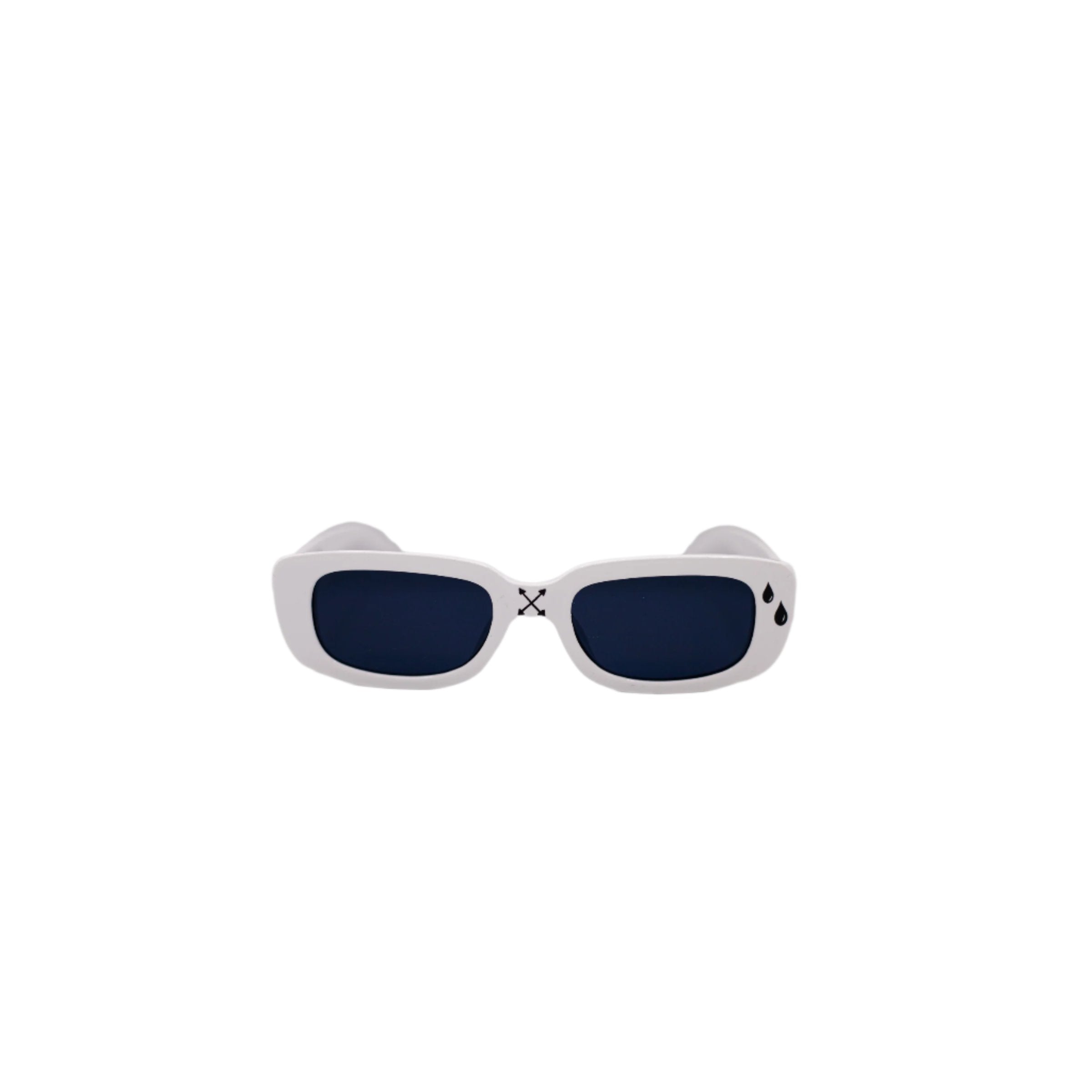
How To Choose The Perfect Pair Of Sustainable Denim Jeans - A Guide By KnotWTR Premium Fashion Apparel
How To Choose the Perfect Pair of Sustainable Denim Jeans - A Guide by KnotWTR Premium Fashion Apparel
Delve into the realm of sustainable fashion with ease as KnotWTR Premium Fashion Apparel presents a comprehensive guide on selecting the perfect pair of sustainable denim jeans. From deciphering eco-friendly materials to determining the ideal fit for your body shape, this how-to will equip you with the knowledge needed to make an impactful and conscious fashion choice. Say goodbye to harmful production practices and embrace a wardrobe staple that not only looks good but also benefits the environment. Join us as we navigate the world of sustainable denim, one pair of jeans at a time.
Understanding Sustainable Denim
Before delving into how to choose the perfect pair of sustainable denim jeans, it is crucial to understand what makes denim sustainable and the environmental impact of traditional denim manufacturing. By grasping the underlying principles and effects, you can make an informed decision that aligns with your values and contributes to a better future for our planet.
What Makes Denim Sustainable?
To be considered sustainable, denim must be produced with minimal impact on the environment and people involved in the supply chain. This includes using organic or recycled materials, reducing water and energy consumption during production, implementing ethical practices, and prioritizing durability and longevity in the design. Sustainable denim brands often focus on transparency, traceability, and accountability to ensure their products meet strict environmental and social standards.
Sustainable denim prioritizes eco-friendly production processes, such as using organic cotton, recycled materials, and innovative technologies to minimize water usage and chemical pollution. These brands also emphasize fair labor practices, safe working conditions, and support for local communities. By choosing sustainable denim, you are not only reducing your ecological footprint but also supporting a more ethical and responsible fashion industry.
The Environmental Impact of Traditional Denim Manufacturing
Understanding the environmental impact of traditional denim manufacturing is essential in realizing the urgent need for sustainable alternatives. Conventional denim production is notorious for its heavy water consumption, toxic chemical usage, high energy consumption, and poor waste management practices. This results in water pollution, soil degradation, air pollution, and health risks for workers and local communities.
How to Choose Sustainable Denim
Choosing sustainable denim is crucial for both the environment and your wardrobe. With so many options available in the market, it can be overwhelming to navigate through the sea of choices. However, with a little guidance, you can make an informed decision that aligns with your values while looking stylish. Here is a comprehensive guide on how to choose the perfect pair of sustainable denim jeans.
Key Factors to Consider
When looking for sustainable denim jeans, there are several key factors to consider to ensure you are making an eco-friendly choice. Material is one of the most important factors, as opting for organic cotton or recycled denim can significantly reduce the environmental impact of your jeans. Production Process is another crucial aspect to look into, as jeans made using water-efficient techniques and non-toxic dyes are better for the planet. Transparency in the supply chain is also essential, so look for brands that are open about their production practices and sourcing.
- Material: Opt for organic cotton or recycled denim.
- Production Process: Choose water-efficient techniques and non-toxic dyes.
- Transparency: Select brands with open supply chain practices.
Recognizing these key factors and incorporating them into your decision-making process will help you choose denim that is not only stylish but also sustainable for the long run.
Tips for Assessing Sustainability Credentials
Sustainable denim is not just about the materials used; it also encompasses the entire manufacturing process. When assessing sustainability credentials, pay attention to certifications such as GOTS (Global Organic Textile Standard) and Oeko-Tex Standard 100, which ensure the denim meets strict environmental and social criteria. Brand Ethics is another important aspect to consider, as supporting brands that prioritize fair labor practices and ethical sourcing can make a big difference.
- Certifications: Look for GOTS and Oeko-Tex Standard 100 labels.
- Brand Ethics: Support brands with fair labor practices and ethical sourcing.
Assume that a brand's commitment to sustainability goes beyond just marketing claims by digging deeper into their practices and certifications. By being a conscious consumer, you can make a positive impact on the fashion industry and contribute to a more sustainable future.
Finding Your Perfect Fit and Style
To truly rock sustainable denim jeans, it's essential to find a pair that not only aligns with your values but also fits you like a glove. Comfort, style, and sustainability should all come together seamlessly in the perfect pair of jeans. Here's a guide on how to choose the right fit and style for you.
How to Measure for the Perfect Fit
For the ideal fit, start by measuring your waist, hips, inseam, and rise. Knowing your measurements is crucial to finding jeans that hug your curves in all the right places. Refer to the size guide provided by the brand and don't hesitate to reach out to their customer service for assistance. Remember, different brands may have variations in sizing, so always double-check before purchasing.
Styles and Cuts: Which Ones Are for You?
Styles and cuts play a significant role in how your denim jeans look and feel. Classic straight-leg, skinny, bootcut, or wide-leg – the options are endless. Choose a style that complements your body shape and suits your personal taste. Experiment with different styles to find the one that makes you feel confident and comfortable.
To make it easier, consider high-waisted jeans if you want to elongate your legs or opt for a relaxed boyfriend fit for a laid-back vibe. Don't be afraid to step out of your comfort zone and try something new – you might be pleasantly surprised.
Caring for Your Sustainable Denim
Now that you've invested in a pair of high-quality sustainable denim jeans, it's essential to know how to properly care for them to ensure longevity and maintain their eco-friendly properties. By following a few simple tips, you can keep your denim looking great while minimizing its environmental impact.
Tips for Longevity and Maintenance
1. Wash Less Frequently: One of the key ways to extend the life of your sustainable denim is to wash it less often. Washing too frequently can cause the fabric to wear out more quickly and waste water. Instead, spot clean stains and odors when possible.
2. Wash Cold and Air Dry: When it is time to wash your denim, opt for cold water and air drying instead of using a dryer. This not only helps conserve energy but also prevents shrinkage and damage to the fabric.
- Avoid harsh detergents and opt for eco-friendly options.
- Turn your denim inside out before washing to preserve the color.
- Store your jeans folded rather than hanging to maintain their shape.
After implementing these tips, you'll notice a significant difference in the longevity and appearance of your sustainable denim jeans.
Environmental Considerations in Denim Care
Now, let's delve into the environmental considerations when caring for your denim. The production of denim can have a significant impact on the environment due to water usage, chemical dyes, and energy consumption. By taking steps to minimize the environmental footprint of your denim care routine, you can contribute to a more sustainable fashion industry.
A simple way to reduce the environmental impact of your denim care is to use eco-friendly laundry detergents that are free from harsh chemicals and toxins. Additionally, consider repairing or upcycling your denim instead of disposing of it when it shows signs of wear and tear. Small changes in your denim care habits can make a big difference in the long run for the planet.
To wrap up
Upon reflecting on the comprehensive guide provided by KnotWTR Premium Fashion Apparel on choosing the perfect pair of sustainable denim jeans, it is evident that making an environmentally conscious choice in fashion can be stylish and rewarding. By considering factors such as material sourcing, production processes, and ethical practices, consumers can select denim that not only looks good but also aligns with their values. Investing in high-quality, sustainable denim not only benefits the environment but also ensures long-lasting and fashionable pieces in one's wardrobe. KnotWTR's commitment to sustainability and transparency in their supply chain makes them a reliable choice for those looking to make a positive impact through their fashion choices.
FAQ
Q: Why should I choose sustainable denim jeans?
A: Sustainable denim jeans are made with eco-friendly materials and processes that minimize environmental impact. By choosing sustainable denim jeans, you are supporting ethical fashion practices and contributing to a healthier planet.
Q: What factors should I consider when choosing the perfect pair of sustainable denim jeans?
A: When choosing sustainable denim jeans, consider factors such as the type of denim (organic, recycled, etc.), the manufacturing process, the brand's commitment to sustainability, and the fit and style that best suits your preferences.
Q: How can I ensure the sustainability of denim jeans from KnotWTR Premium Fashion Apparel?
A: KnotWTR Premium Fashion Apparel ensures the sustainability of its denim jeans by using organic cotton, recycled materials, and eco-friendly production processes. Additionally, they are transparent about their sustainability practices, making it easier for you to make an informed choice.




